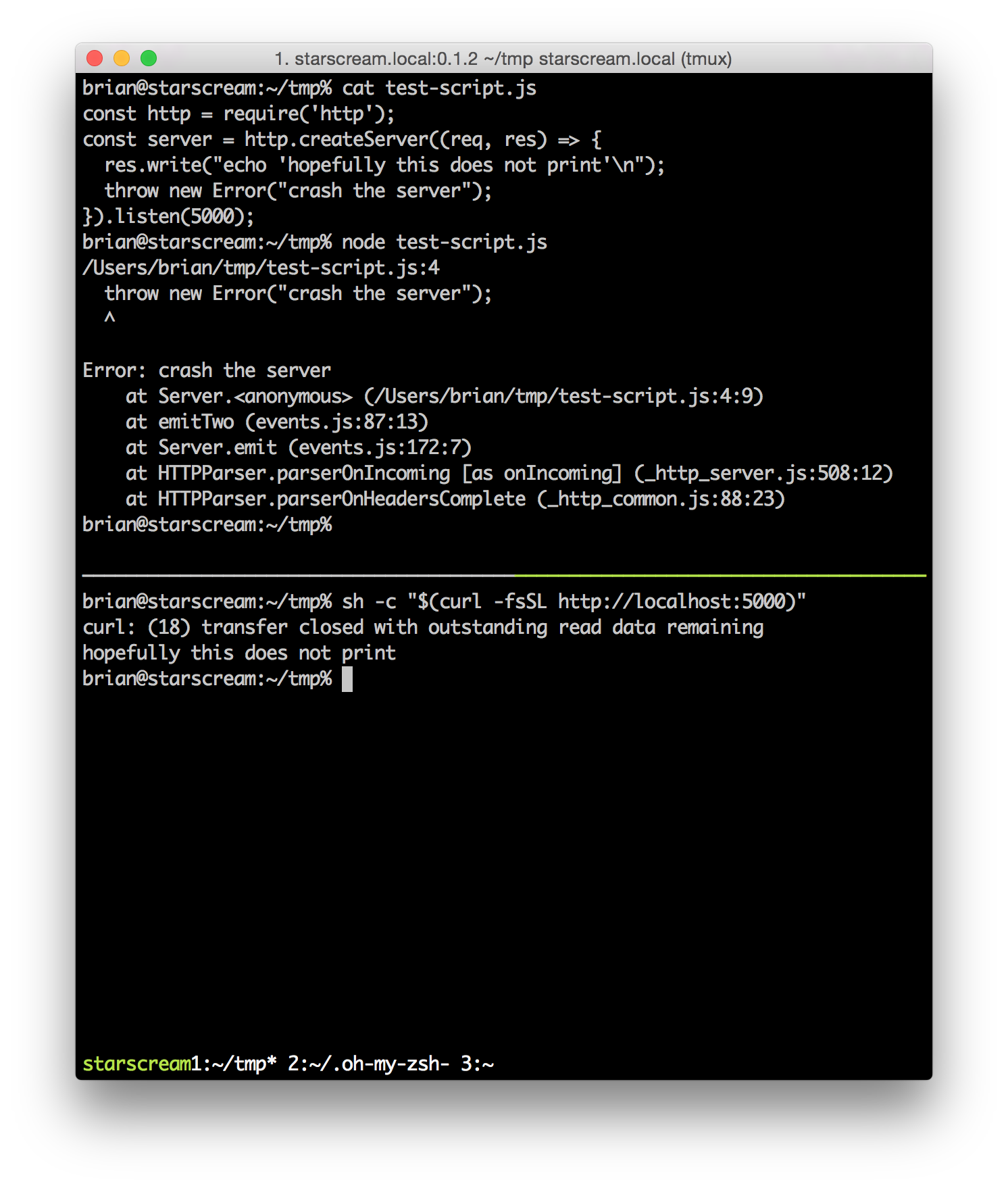The zle-line-init and zle-line-finish definitions here were broken with
respect to smkx/rmkx because their "if" logic had fallthrough where it shouldn't,
so the mode was left in rmkx all the time. This just removes those widgets
entirely, because they're now defined (correctly) in lib/keybindings.zsh and
not needed in plugins.
Closes#4616
Changes the `plugins=(... mercurial ...)` to be closer to correct zsh syntax, removing commas and extra spaces.
Revises discussion on configuring themes to avoid sounding like users should modify the theme definition file in the main OMZ folder. Prioritizes the suggestion of using a theme which already supports hg_prompt_info.
Removes old completion setup that breaks with current _git and _hub completions.
Ruby is no longer required by hub; removes that test.
Does not define new completions for hub; they are now defined by hub itself.
Change the functions to use hub to create the repos on GitHub.
Add error checking to the functions.
Removes apparently-unused _github completion definition.
This changeset wraps all of the commands in tools/install.sh in a
function and then calls that function as the last line of the
script.
The current install instructions ask the user to download the install
script using `curl` and pass the result to `sh`. This is totally
fine (as long as both the instructions and the script itself are served
using HTTPS), but the script should be written in a way such that it
doesn't start trying to actually *do* anything until the very last line.
The reason is due to the way `curl` work: if the socket drops before the
request is complete (server abruptly hangs up, client's internet flakes
out, etc.), `curl` will return the partial data that it received. Here
is an example of that:

A way this might cause issues for tools/install.sh is if the connection drops
after cloning but before the repository (L53-56). The .zshrc
configuration will not be copied and the shell will not be changed, but
if the user tries to run the install script again it will claim
oh-my-zsh is already installed (L31-39).
While this is not a particularly dangerous error condition (the user can
just delete .oh-my-zsh and re-run), it can certainly be confusing for
new users. This also helps future-proof the script for a time when it
might need to use a "dangerous" command, e.g. `rm`, and we want to make
sure it happens in the most transactional way possible.
@fcrozat's original fix assumes `which` not to output anything to STDOUT
in case the command is not found. That is not necessarily true on all
systems. A better solution is to check the return value instead.
Fixes#4376